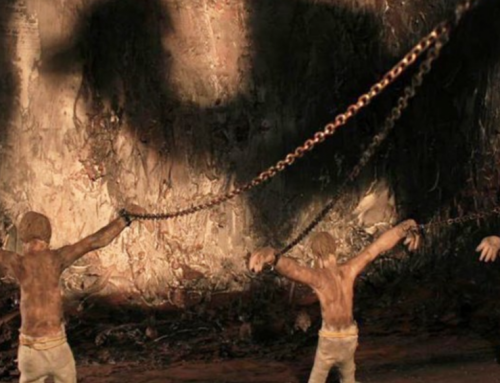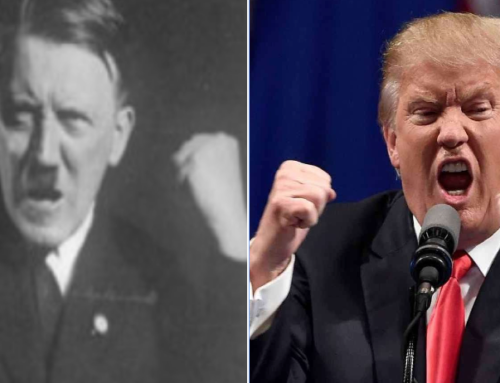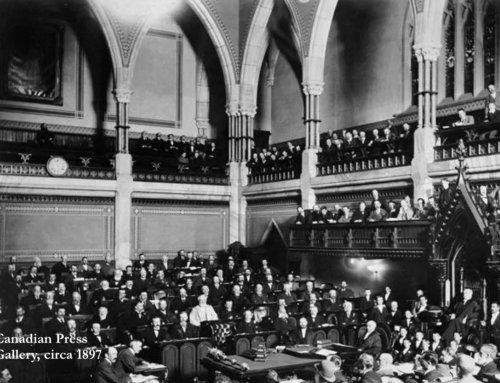Two things you might not know:
- Lee Iacocca’s leadership at Ford (1968-1978): To fix the Ford Pinto’s exploding gas tank problem Ford did a cost-benefit analysis: “To fix would cost an additional $11 per vehicle, and Ford weighed that against projected injury claims for severe burns, repair-costs claim rate and mortality. The total would have been approximately $113 million (including the engineering, the production delays and the parts for tens of thousands of cars), but damage payouts would cost only about $49 million, according to Ford’s math. So the fix was nixed, and the Pinto went into production in September 1970.” This is the only part of Iacocca’s leadership that really matters – heinous human failure.
- Rick Wagoner Jr’s leadership at General Motors (2000-2009): Problems with the ignition switch were identified within the company as early as 2001 in a pre-production report for the model year 2003 Saturn Ion and yet, by 2015, 124 deaths and 275 injuries had been attributed to the problem. Despite the fact that GM lost $85 billion under Wagoner’s leadership, it is the human death toll that is the unacceptable, irreconcilable cost. Thankfully, in 2014, GM placed a woman in charge, Mary Barra, who seems to understand the role of true leadership. Time will tell if she can overcome the century-old, immoral thinking.
(4 minute read)
Lipstick doesn’t make a pig a leader
Of course, there is a litany of man-made, leadership-negilent disasters that expose the immoral underbelly of business leaders. To name but a few recent ones: Deepwater Horizon oil spill (April 20, 2010: ); Fukushima nuclear accident in Japan (March 2011:); Lac-Mégantic derailment in Lac-Mégantic, Quebec Canada (July 6, 2013) and the Takata airbag disaster. We can put lipstick on the pig but it’s still a colossal failure of leadership.
The other list is of books about leadership, which suggest that leadership can be learned. But as business guru, Peter Drucker stated: “The number one difference between a Nobel prize winner and others is not IQ or work ethic, but that they ask bigger questions.” That’s a good place to start some self-assessment. Are you caught up down in the weeds with all the little questions or are you standing up, looking beyond the horizon and asking big questions? Iacooca, Wagoner, et al didn’t! They asked the small, myopic questions grounded in efficiency and short-term results, not anchored in a higher purpose and the progress of humanity.
In governments and corporations there are too many unasked, big questions and a big misunderstanding about leadership. Unfortunately, deficiency in leadership hides behind a hierarchy of command-and-control, top-down, we-know-best system – a failed system, a 20th century dinosaur. It doesn’t work anymore. It didn’t even work well back then, but we have been hell-bent on building an economic behemoth based on the Holy Grail of efficiency, mass production and economies of scale and we didn’t want to see our folly – ignoring our greater purpose, the advancement of humanity. Instead, we focused on the short-term and just kept churning out non-value-adding materialism, from hula-hoops, sit-coms and selfies to uranium waste, Kyoto protocols and car ignitions that kill people. That didn’t require leadership, it only required an accountant (Harold Geneen), an engineer (Alfred Sloan) and a marketing whiz (Lee Iacocca). And then technology advanced to the level of Moore’s Law and so-called leaders shifted their efficiency strategy to technology and just tacked huge investments onto their growth plans, which carried them into the 21st century. Most business executives still aren’t leading, they’re simply riding on technological trends.
Now, more than a decade into the new century, they’re still getting away with this faux leadership because growth is driven by a constantly primed pump of consumption that’s crucial to keep the production system afloat, which only requires financially engineered, mechanized leadership, not purpose, vision and wisdom. Weak leadership is buried under corporate complexity and the perpetuation of the old business model and protection of encrusted, short-term thinking.
Too many so-called leaders are addressing what they think are big questions when in fact they are, at best, medium-term decisions – share value, market share and growth for growth’s sake. This is 20th century economic thinking trapped in an antiquated hierarchical model. You know, the pyramid with a leader on top, a few direct reports singing the leaders tune (aided and abetted by consultants and lawyers) and everyone else marching to the drumbeat. It drove the 20th century economic parade but now it’s a funeral procession – unless we explore new thinking. Particularly on big questions like the long-term health of our planet, a different socio-economic philosophy and a new capitalistic business model.
 Liz Wiseman’s book, Multipliers: How the Best Leaders Make Everyone Smarter defines five behaviors for assessing leaders and divides them into two categories, “Multipliers” and “Diminishers.”
Liz Wiseman’s book, Multipliers: How the Best Leaders Make Everyone Smarter defines five behaviors for assessing leaders and divides them into two categories, “Multipliers” and “Diminishers.”
- Multipliers are: Talent magnets; Liberators; Challengers; Debate-makers; and Investors (in others).
- Diminishers are: Empire builders; Tyrants (suppress thinking); Know-it-alls (give directives); Decision-makers (centralized decision-making); and Micromanagers.
Wiseman says, “Diminishers often have good intentions but can’t lead.”
This is the legacy of Alfred Sloan and his 20th century cohorts that still permeate most organizations. These leaders believe that they, and a handful of experts, know best and although they have built in many “engagement” programs, they are just pretending to listen when actually they want buy-in for ideas formulated at the top of the house. Governments call it public consultation, but it’s a sham and the antithesis of leadership. Corporate leaders call it employee engagement, “workouts,” workshops, Six Sigma, and three decades of other failed memes. True leaders “drive decisions through rigourous debate,” not by giving people (employees or citizens) token participation. “Diminishers” want controlled feedback, not open debate.
It’s better to debate a decision without settling it than settling a decision without debating it.– Joseph Joubert
Governments and businesses, worldwide, need new leadership that can create much more rigorous debate on the big questions and far less diminishing decision-making if there is to be any hope of breaking free from the vortex of 20th century thinking and its unimaginative, irresponsible, even immoral, ingrained leadership.






